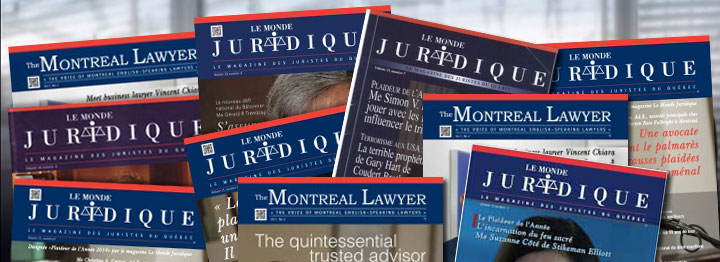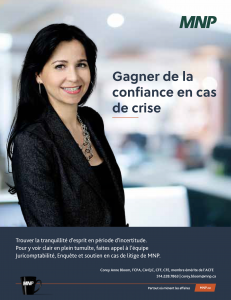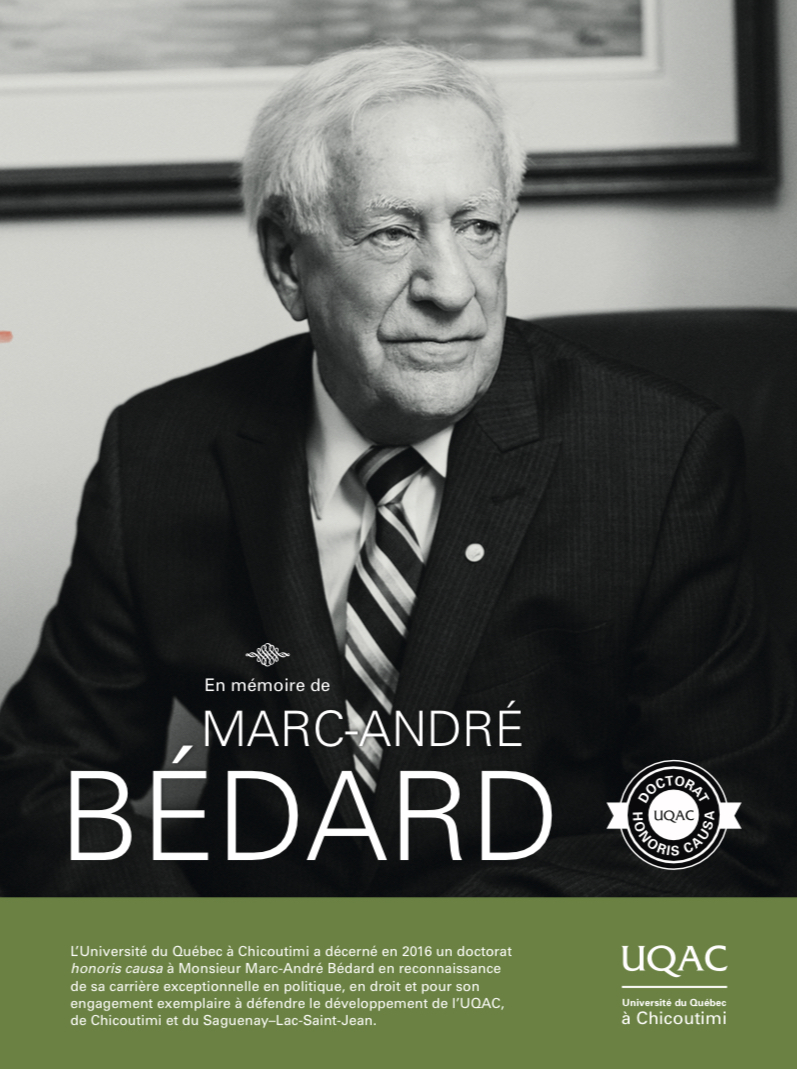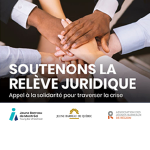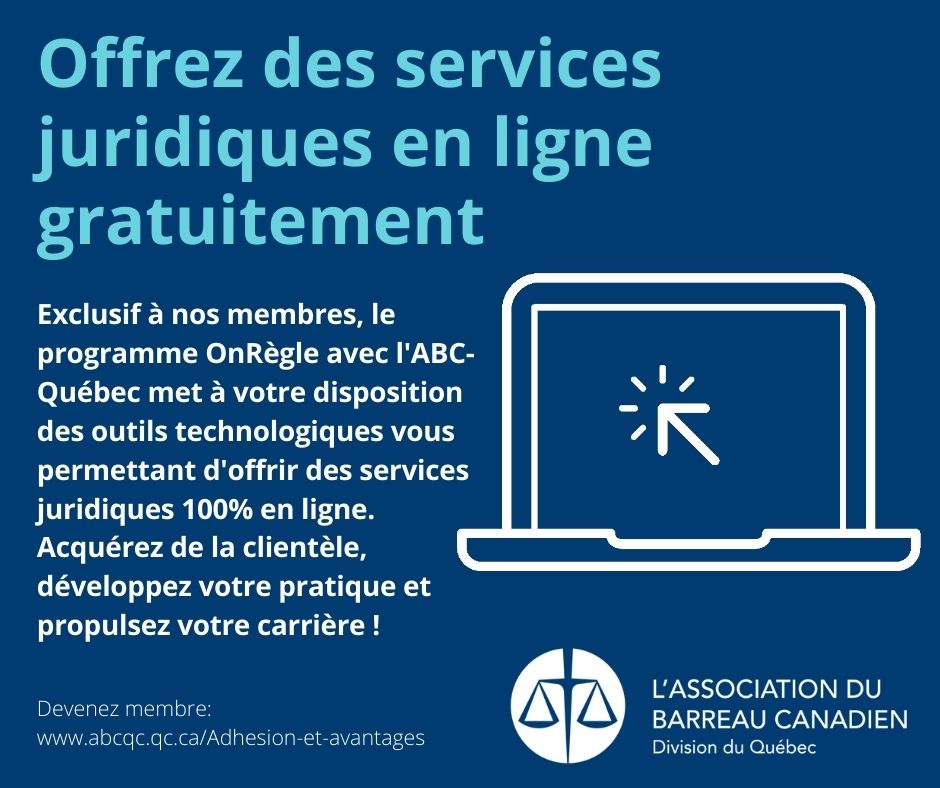Montreal Tax Symposium at McGill
As international recognition of the impact of abusive fiscal and tax policies on human rights and poverty gains momentum, McGill Universitywill host an international symposium, from Wednesday 18 June to Friday 20 June 2014, in Montreal, Canada, with the key objective of promoting innovative global research, dialogue and understanding of the links between tax abuses and human rights.
Entitled Tax Justice and Human Rights, the symposium will provide a forum for emerging scholars and international experts to present new research in the developing field of tax justice, and to discuss what research remains to be done. Included in the roster of international speakers are members of the International Bar Association’s Human Rights Institute (IBAHRI) Task Force on Illicit Financial Flows Poverty and Human Rights (the ‘Task Force’), which was set up in 2012 to explore and analyse how illicit financial flows – specifically the proceeds of tax abuse – contribute to poverty and subsequently affect the enforcement of economic, social, and cultural rights across the globe. Following extensive research the IBAHRI Task Force found that tax abuses have a significant negative impact on the realisation of human rights in developing countries and published a report in 2013, Tax Abuses, Poverty and Human Rights, in which it concluded that money that should be collected as tax revenue flows out of such nations and deprives governments of the resources to alleviate poverty and uphold international human rights standards.
The IBAHRI Task Force representatives speaking at the symposium include:
- Thomas Pogge, Director of the Global Justice Program, the Leitner Professor of Philosophy and International Affairs at Yale University, and Chair of the IBAHRI Task Force;
- Lloyd Lipsett, Advisor at Shift and IBAHRI Task Force Rapporteur;
- Stephen Cohen, Professor at Georgetown University Law Center and IBAHRI Task Force Member; and
- Shirley Pouget, IBAHRI Senior Programme Lawyer and IBAHRI Task Force facilitator.
Sternford Moyo, IBAHRI Co-Chair and IBAHRI Task Force Member commented, ‘During the 26th session of the United Nations Human Rights Council, taking place this month, the UN Special Rapporteur on extreme poverty and human rights submitted a report presenting fiscal policy, with taxation policies in particularly, as a major determinant in the enjoyment of human rights. Drawing on the IBAHRI’s Task Force 2013 report, the UN submission is indicative of increasing international recognition of fiscal policy as an essential tool for states to meet their human rights commitments.’ He added, ‘At the intersection of the approaching target date of 2015 for the international community to achieve the Millennium Development Goal to “eradicate extreme poverty and hunger”, as adopted at the Millennium Summit of the United Nations in 2000, and the heightened international recognition of the negative impact abusive fiscal and tax policies have on human rights and poverty, debate is now turning to the post-2015 international development agenda. This makes the McGill University Symposium a significant, and timely, opportunity for the international community to discuss this major issue.’
Tax Justice and Human Rights will take place Wednesday 18 June – Friday 20 June 2014, in Room 312 at the New Chancellor Day Hall, McGill University Faculty of Law, Montreal, Quebec, Canada.Click here for free registration. Click here for information on the programme and speakers.
ENDS
Notes to the Editor
- The IBAHRI report Tax Abuses Poverty and Human Rights, published in October 2013, examines tax abuses from the novel perspective of human rights law and policy. Prepared by the IBAHRI Task Force on Illicit Financial Flows, Poverty and Human Rights, the report analyses how tax abuses deprive governments of the resources needed to combat poverty and fulfil their human rights obligations. Click here to read more and download the report.
- The full list of members of the Task Force on Illicit Financial Flows Poverty and Human Rights in alphabetical order is below. Click here to read more about each member.
- Professor Stephen B Cohen
- Sternford Moyo
- Professor Robin Palmer
- Thomas Pogge (Chair)
- Professor Celia Wells
And
- Lloyd Lipsett, President (Rapporteur)
- Shirley Pouget (Facilitator)
- The International Bar Association (IBA), established in 1947, is the world’s leading organisation of international legal practitioners, bar associations and law societies. Through its global membership of individual lawyers, law firms, bar associations and law societies it influences the development of international law reform and shapes the future of the legal profession throughout the world.The IBA’s administrative office is in London. Regional offices are located in: São Paulo, Brazil; Seoul, South Korea; and Washington DC, US, while the International Bar Association’s International Criminal Court Programme (IBA ICC) is managed from an office in The Hague.The International Bar Association’s Human Rights Institute (IBAHRI) works to promote, protect and enforce human rights under a just rule of law, and to preserve the independence of the judiciary and the legal profession worldwide.


